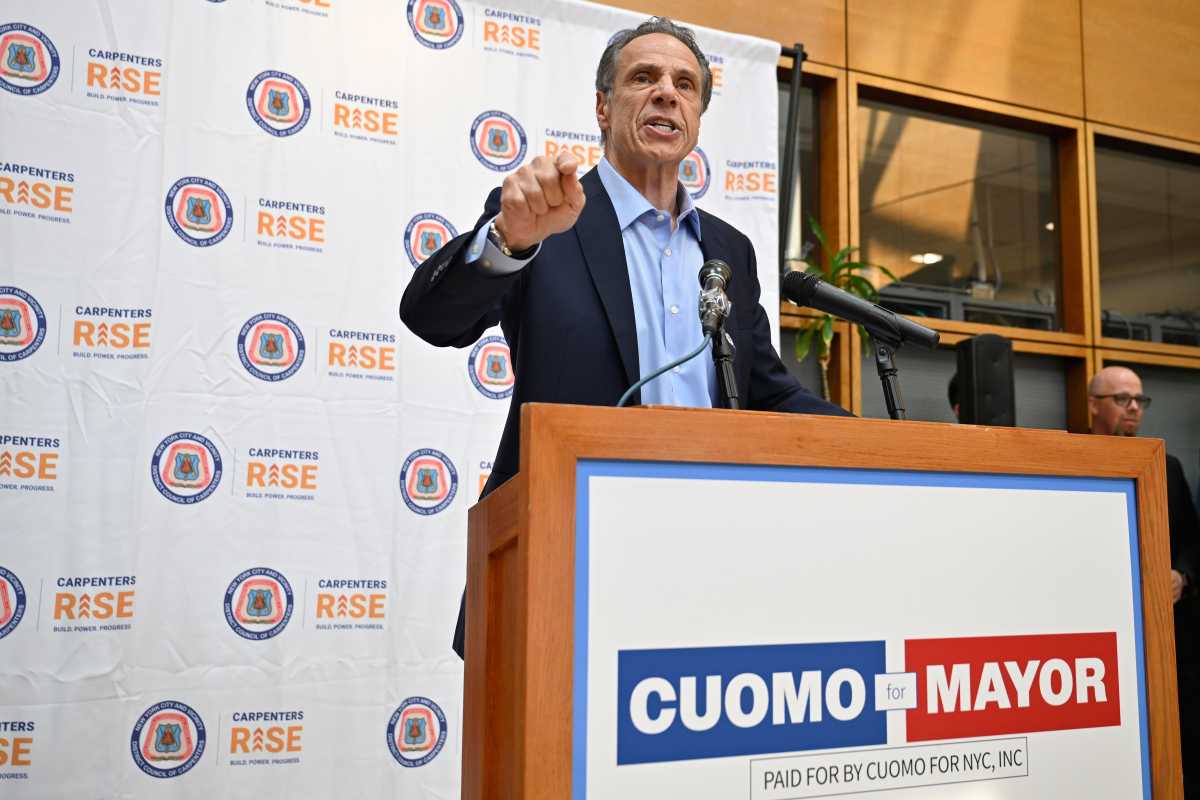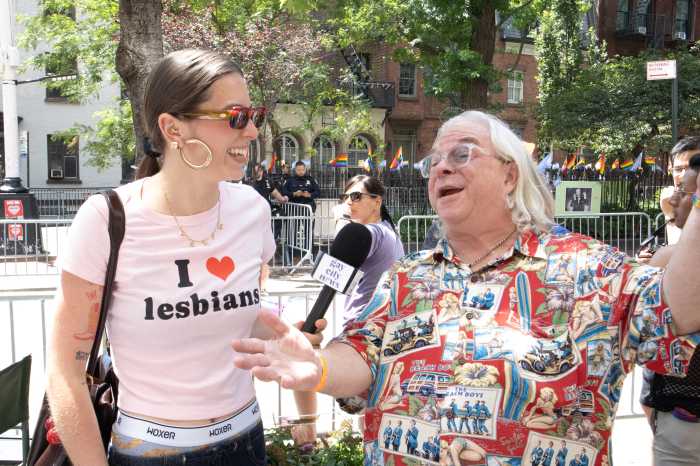Any conversation about rent in NYC is bound to quickly become a heated exchange over who our rent control laws really benefit. Advocates for stricter controls claim that without these rent laws, NYC would become unaffordable for most residents, with only the very rich and the very poor living here.
However, a quick study of rental markets in the five boroughs tells a very different story. It quickly becomes apparent that rent control is a program that mainly benefits elitist middle and upper class Manhattanites who would find it too distasteful to move to one of the other boroughs.
Contrary to some of the stories we hear about people paying only a fraction of the rent their neighbors pay, according to a report done by the Manhattan Institute, even in highly desirable and affluent lower and mid Manhattan (not including the lower east side or Chinatown) the average rent controlled apartment is only $397 less than an unregulated apartment.
If you look at upper Manhattan, Chinatown and the lower east side, the difference is only $9 a month. In The Bronx it is $58, in Brooklyn it is $5, while in Queens and Staten Island there is no difference.
Now the sides in Albany are lining up to prepare for a new battle over rent control. The law is set to expire unless the legislature passes an extension. This last happened in 2003, when a deal made was for an eight year extension along with vacancy decontrol rules for more affluent tenants. Any apartment that rented for over $2,000 a month where the tenant made over $175,000 two consecutive years would convert to market rent.
Of course, supporters of rent control want to see these rules weakened, while supporters of a free market want to see them strengthened. Supporters want the rent requirement for decontrol to be raised to $3,000 and $300,000 in income. Free marketers are pushing a new bill that would remove the rent requirement altogether and simply make it where anyone earning over $175,000 a year would not qualify for rent control.
This is a fair reform. It still covers low income renters that tenant advocates claim to be fighting for, while excluding the more affluent. It creates a system based solely on income and not on luck or inheritance. Meanwhile, rent controlled apartments are in no danger of disappearing, as most developers routinely set aside 20 percent of their developments for low income, rent controlled units.
The late economist Arthur Nelson once stated as his third law, “The worse a government regulation is, the harder it is to get rid of it.” Rent control in NYC is a prime example of Nelson’s law.
Robert Hornak is a Queens-based political consultant, blogger, and an active member of the Queens Republican Party.



































